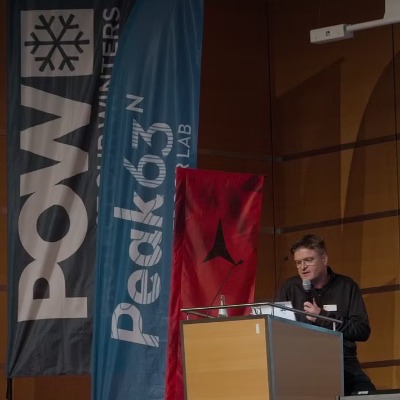Hinterstoder - State Administrative Court Dismisses Snowmaking Extension Complaint

The governor of Upper Austria granted the operator of the Hinterstoder-Höss ski area the water permit for the expansion of a snowmaking system in the form of the construction and operation of systems for extracting useful water from the Steyr, which is used for snowmaking.
The water law permit was issued prescribing conditions based on a comprehensive investigation, involving experts from the areas of protective water engineering, hydrobiology, mechanical engineering, hydrogeology and human medicine.
A local water cooperative lodged a complaint against this decision with the regional administrative court, requesting that the decision be rescinded and the proceedings resumed, as well as recognition as a transferred party and party position in accordance with the AARHUS convention. The water cooperative relied on its right to use water and mainly argued that it feared that the drinking water would be contaminated by the expansion of the snowmaking system.
On the basis of the extensive procedural documents, the regional administrative court came to the conclusion that the appeal had to be dismissed as inadmissible.
- "The argument of the water cooperative that it had not been informed personally about the hearing, which is why it had lost the party position through no fault of its own, cannot be accepted. It is no longer necessary (personally) to notify all of the neighbors' neighbors who have become known to the authority, as long as the announcement is in an appropriate form (- double announcement on the official board of the municipality of Hinterstoder and the Internet address http://www.land-oberoesterreich.gv.at “- ) takes place, which could be verified according to the regulations in the present procedure. The water cooperative has thus lost its party rights."
- "Regarding the statement by the water cooperative that contamination of the drinking water is a concern, reference should be made to the position of the official experts in the official procedure that there is no fear of a negative impact on the protected groundwater."
- "The water cooperative is not a recognized environmental organization within the meaning of the provisions of the Environmental Impact Assessment Act, which is why it has no legitimation of complaints with reference to the AARHUS Convention. "














